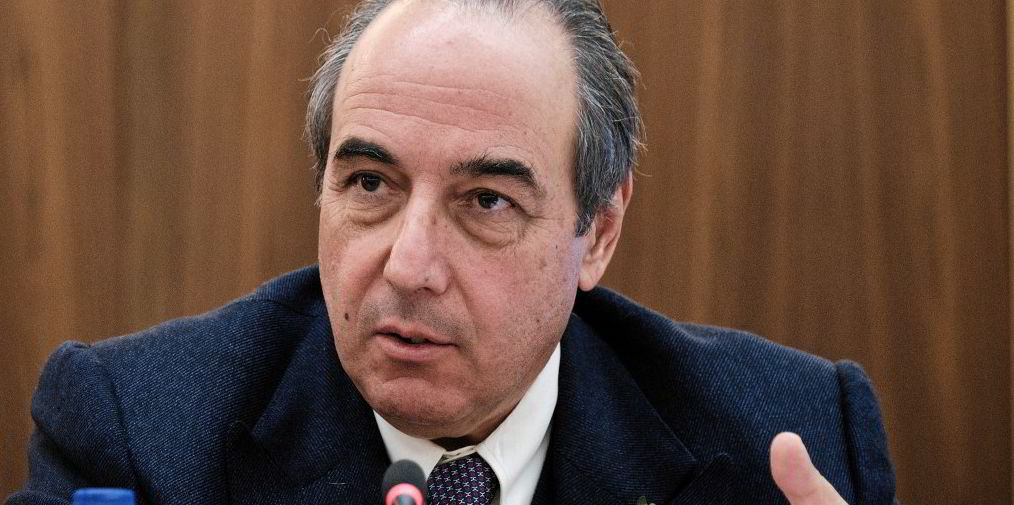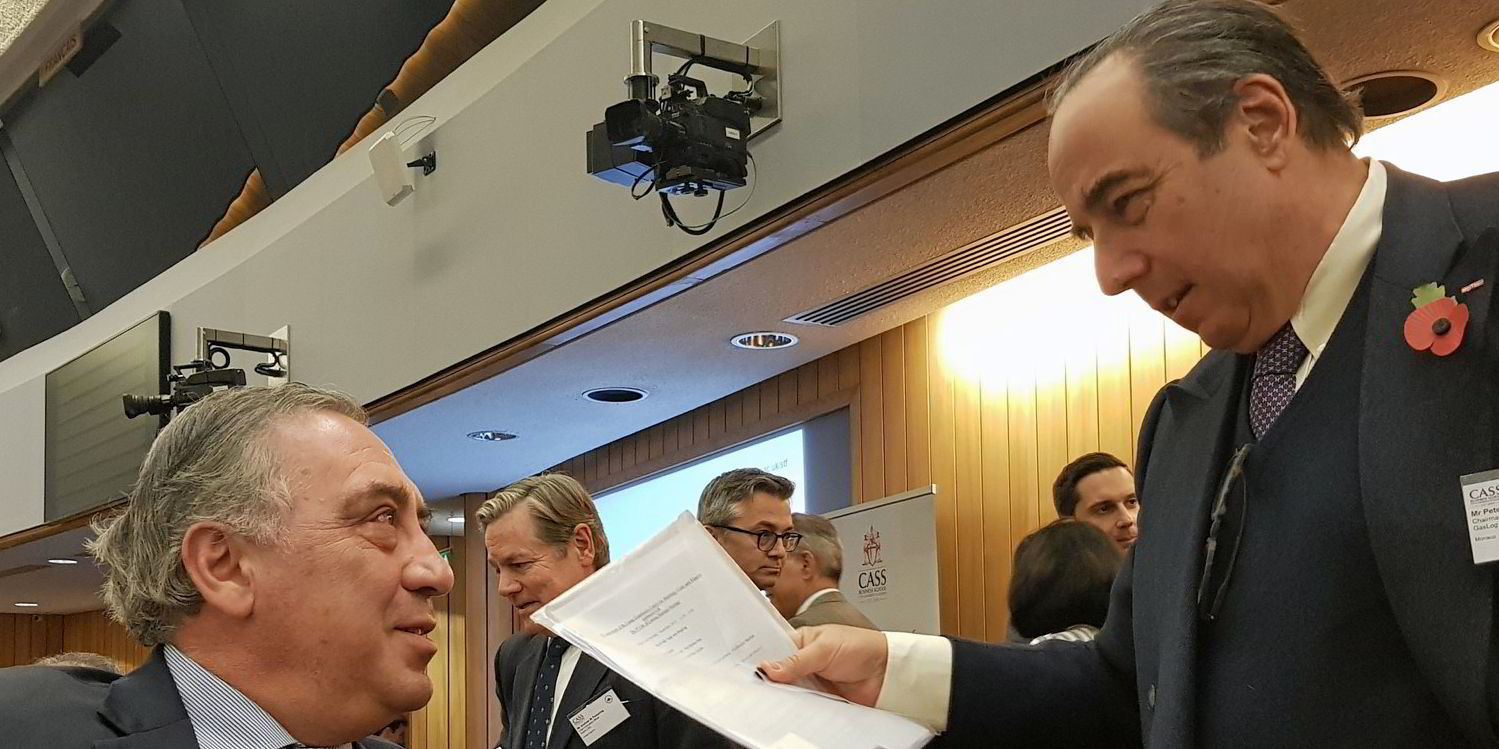A New York law firm has announced that it is investigating the deal to take GasLog private.
Bragar Eagel & Squire, which touts big settlements on behalf of shareholders, said on Friday that it was launching an investigation into whether GasLog's board had stepped out of line in its agreement to sell the gas carrier owner to BlackRock for $5.80 per share.
The firm is asking concerned shareholders to contact it.
"Bragar Eagel & Squire is concerned that GasLog’s board of directors oversaw an unfair process and ultimately agreed to an inadequate merger agreement," the firm said.
"Accordingly, the firm is investigating all relevant aspects of the deal and is committed to securing the best result possible for GasLog’s stockholders."
New York Stock Exchange-listed GasLog declined to comment for this story.
Shareholder lawsuits and investigations from law firms are common when US-listed companies are involved in mergers and acquisitions.
Late last year, two Seacor Holdings shareholders launched legal challenges to American Industrial Partners' $1bn deal to take the company private, arguing that solicitation materials did not include enough information.
'The best thing'
The shock deal, which will see BlackRock's Global Energy & Power Infrastructure take a 45% stake in GasLog, with the Livanos family's Blenheim Holdings and the Onassis Foundation keeping the remaining 55%, was announced on Monday.
It was the second major acquisition in the LNG shipping space in as many months. New Fortress Energy announced in mid-January a $5bn deal to acquire Golar LNG Partners and take hold of 13 ships.
It was not immediately disclosed why GasLog had agreed to the deal, but analysts from Fearnley Securities said it was "the best thing [GasLog] shareholders could have hoped for" with $315m in debt coming due next year and limited ability to pay with cash flow.
On its website, Bragar Eagel & Squire trumpets a $275m settlement for shareholders in a lawsuit against video game company Activision Blizzard, the largest ever in the history of Delaware's Court of Chancery, and a $25m settlement against an open-ended mutual fund.






